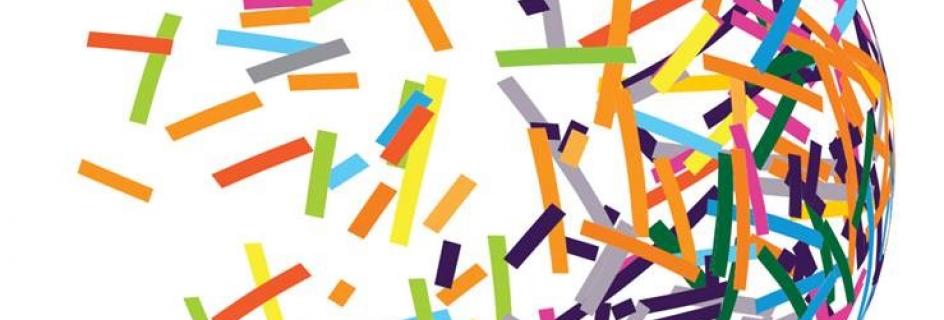Post date:
Whitney Jimngang Djeumen, Taha Gomma, Katherine Larabi, and Nikhitha Anto, are all first-year chemical engineering students, and have been supported by Dr Rupert Myers and Dr Nacho Tudela-Montes.
Addressing global challenges
GGCS is a challenge-led innovation, design and business development programme which invites student teams to propose innovations to address global challenges, ranging from world hunger and water shortages to equal access to technology.
The programme involves a round of competitive and workshop stages, culminating in the opportunity for student teams to attend a Collaboration Lab event and the Global Grand Challenges Summit in London this September.
AI for healthcare
The team’s shortlisted project proposes to develop an artificial intelligence (AI) device that could pre-emptively diagnose, predict and prevent life-threatening health conditions such as cardiovascular disease.
The device – known as RADICAL-SIM (RApid Detection of medICAL conditions using Sensory and Implantable Microsystems) – would be implanted in the human body to automatically diagnose and relay information about patients using a micro-sensor.
These micro-sensors would be connected to a secured database which employs AI to accurately diagnose, predict and prevent life-threatening conditions based on real-time and existing patient data.
Next stage
The team will now go forward to compete at the next stage, a two-day facilitated interactive workshop in London on 29-30 April 2019, where they will receive training to work independently on their proposal.
Five winning teams will then be selected at a competition showcase at the Royal Academy in June 2019, to further develop their projects and pitch them on the first day of a Collaboration Lab, competing against teams from China and the US.
Congratulations to Whitney, Taha, Katherine, and Nikhitha, and good luck in the next stage of the competition!



